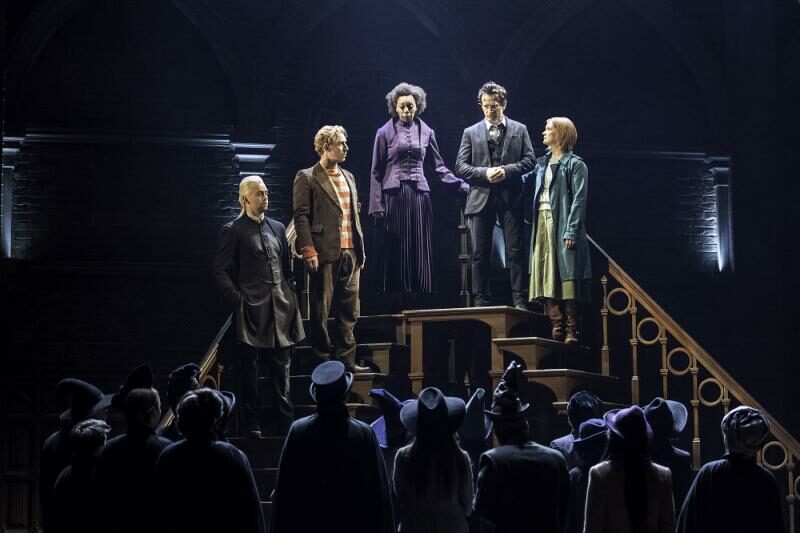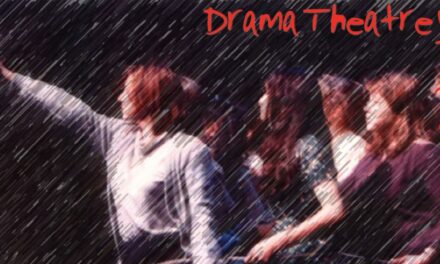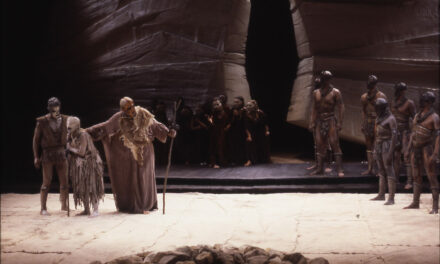The hottest show in London’s West End this year, and for the foreseeable future, is Harry Potter and the Cursed Child. This two-part play, written by Jack Thorne from a story jointly developed by J K Rowling and director John Tiffany, has not only been wowing the legions of Potter fans, but has also been selling record numbers of tickets. Pottermania is so intense that the show is completely sold out for the year ahead and the book version of the script has been hailed as the fastest- and greatest-selling play in history (which might come as a surprise to William Shakespeare!). The Potterama of excitement is such that, following a rush of five-star reviews, surely a magic spell has been weaved over the whole enterprise.
But some of the show’s record-breaking statistics are not so magical. On 14 August, the Observer newspaper reported that some fans were so desperate that they were paying huge sums to see the show. The record must be the asking price of more than £8,300 for the two plays on reselling website Viagogo. Excesses such as these have promoted Sonia Friedman and Colin Callender, the producers of the show, to denounce the “plague” of ticket touting. Examples of profiteering in the secondary ticket market include one ticket in the stalls to see just part two of the play on 3 March next year costing £8,327.19, including a £1,772.53 booking fee paid to Viagogo. StubHub, owned by eBay, lists a ticket to see both parts of the play on 8 April 2017 for £4,999. This is in stark contrast to the highest-priced ticket on the official website of Nimax Theatres, owners of the Palace Theatre, which hosts the show, is £140. Viagogo and StubHub have not responded to requests for comment.
Latest reports say that the producers are taking steps to stamp out the practice of reselling tickets at exorbitant rates by banning anyone caught using such a ticket. “The secondary ticket market is an industry-wide plague, and one which we as producers take very seriously,” say Friedman and Callender. “Our priority is to protect all our customers and we are doing all we can to combat this issue.” Since implementing this practice, about 60 people have been turned away so far. By monitoring resale sites, the producers have been able to identify anyone “who knowingly” has bought a resold ticket and can then legally refuse them entry to the show. This might be tough on someone who has received a ticket from a friend or relative as a present — without knowing it exact provenance.
The victims, willing or otherwise, of ticket touts will be turned away from the performance by staff at the Palace Theatre, which is in the centre of the capital’s theatreland, and given a “refusal of entry” document, which might help them claim a refund from whoever sold them the ticket. Whether this will compensate any fan for the shattering of a dream remains to be seen, but there are other legal ways of obtaining tickets, such as the Friday Forty weekly lottery, and by the age-old custom of queuing for returned tickets.
This post was written by the author in their personal capacity.The opinions expressed in this article are the author’s own and do not reflect the view of The Theatre Times, their staff or collaborators.
This post was written by Aleks Sierz.
The views expressed here belong to the author and do not necessarily reflect our views and opinions.


















